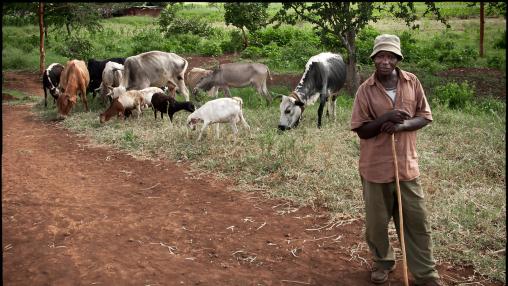
Improving Food Security In Africa Through Water Harvesting Technologies
Agriculture remains a critical sector in Africa's socio-economic development and growth. This is because smallholder farming in Africa accounts for more than 60% of Africa's population and approximately 23% of Africa's gross domestic product (GDP).[1] Water availability and access are vital inputs for agricultural production and food security. As such, crops, vegetables, and animal rearing require water to enhance essential food production.[2] However, in many parts of the African continent, there is persistent limited access to quality water.

Substantial Investment, Increased Coordination Needed to Achieve SDGs: 2022 Africa Agricultural Status Report Released
Food systems around the world have experienced numerous shocks in the past two years, and African food systems are no exception. The impacts of the COVID-19 pandemic, global and local supply chain disruptions, climate change, and the Russia-Ukraine conflict have placed enormous pressure on food and nutrition security in the region, threatening the likelihood that Africa will achieve the Sustainable Development Goals (SDGs) by 2030.
Private Sector Impacts on Food Security and Nutrition: Examples from Bangladesh & Rwanda
Join USAID’s Private Sector Engagement Secretariat and USAID’s Rwanda and Bangladesh Missions on Thursday, October 27, 2022, at 9:30 a.m. ET to learn about promising practices for engaging the private sector to advance and sustain inclusive, agriculture-led economic growth and a well-nourished population, especially among women and children.
Call for Action to Address the Global Food Security Crisis
The world is facing a potential food crisis worse than any seen since World War II. With Russia’s devastating war on Ukraine, a historic drought and heat wave in China, and an irregular monsoon season in South Asia, food supplies from several of the world’s largest granaries are highly uncertain and concerning. Global hunger has been rising since 2015, and the number of people facing acute, crisis-level food insecurity has doubled to well over 200 million. Famine is threatening the lives of large populations in the Horn of Africa, Yemen, and South Sudan.
The Ukraine crisis: Unraveling the impacts and policy responses in low- and middle- income countries
The conflict in Ukraine is having widespread deleterious impacts on the economies and food systems of many low- and middle-income countries. Rising prices for food, fuel, and fertilizer have raised pressing concerns about food security and poverty. To better understand the risks in specific countries, IFPRI researchers have modeled the impacts of prices of the fuel, fertilizer, and food price shocks on GDP, employment, poverty, hunger, and diet quality in 19 countries in Africa and Asia, and examined the relative cost effectiveness of different policy interventions.
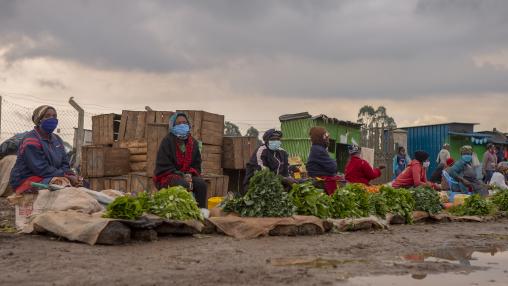
A glimpse into the gendered impacts of COVID-19 in rural Kenya
If you look at traffic in Nairobi or go to a market in many parts of Kenya, you might think that COVID-19 is no longer a major problem. Public spaces seem as crowded and bustling as ever. But has the country really, fully recovered from this crisis?
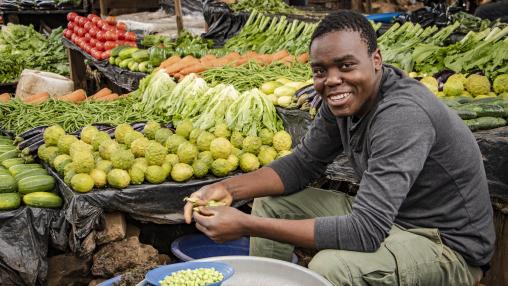
2022 State of Food Security and Nutrition in the World report: Repurpose agricultural subsidies to make healthy diets affordable, reduce rising hunger
The world continues to lose ground in its efforts to end hunger, food insecurity, and malnutrition in all its forms by 2030, according to the recently-released 2022 State of Food Security and Nutrition in the World (SOFI) report. As many as 828 million people were affected by hunger globally in 2021 (around 10.5% of the world population)—an increase of 46 million since the end of 2020 and of 150 million since the COVID-19 pandemic began a year earlier.
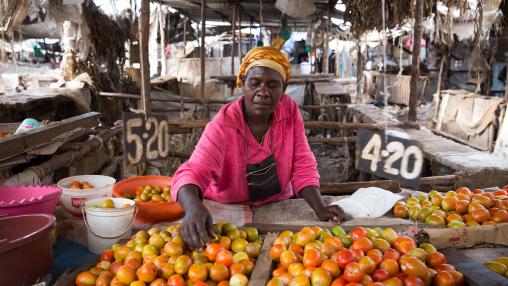
Rising commodities prices driven by the Russia-Ukraine crisis threaten to undermine Kenya’s economy, increase poverty
Much of the early attention on the Russian-Ukraine conflict’s food security impacts has been concentrated on countries highly dependent on wheat imports from the Black Sea region. Given the important role that wheat products play in the diets of people in Egypt, Sudan, Yemen, Lebanon, and other countries, the interruption in Black Sea wheat trade and high prices have raised serious concerns about rising levels of food insecurity, poverty, and instability around the world.
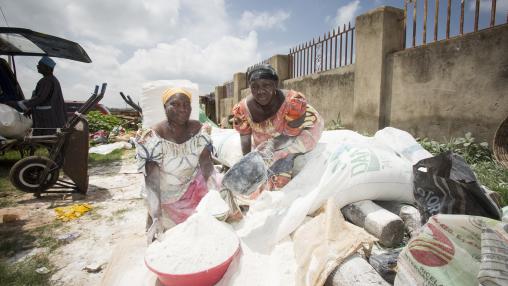
The Russia-Ukraine crisis presents threats to Nigeria’s food security, but potential opportunities for the fertilizer, energy sectors
The current rise in global market prices for major food commodities almost mirrors that of the 2008 food crisis, presenting a worldwide threat to food security. The situation is particularly severe in Africa, where the COVID-19 pandemic and now the Russia-Ukraine crisis have exposed the vulnerability of food systems to major shocks, particularly in countries like Nigeria that rely heavily on imports of major staple foods such as rice and wheat.
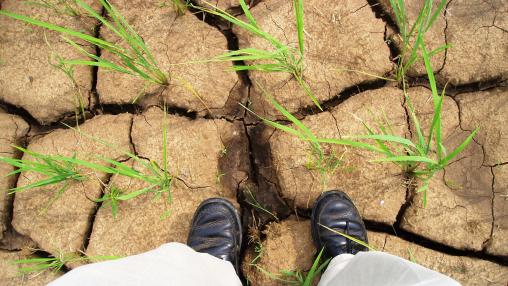
IFPRI Global Food Policy Report 2022: Accelerating food systems transformation to combat climate change
In 2021, the United Nations Intergovernmental Panel on Climate Change sounded the alarm on a looming crisis: Climate change is generating a “code red for humanity” that requires urgent action. Food systems are deeply entwined with this crisis. In many regions, especially in the developing world, climate change has already started to reduce agricultural productivity and disrupt supply chains, putting pressure on livelihoods and threatening to significantly increase hunger and malnutrition, making adaptation efforts crucially important.